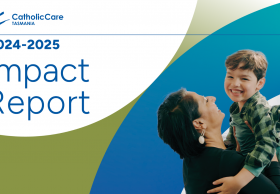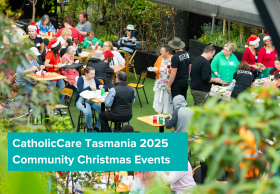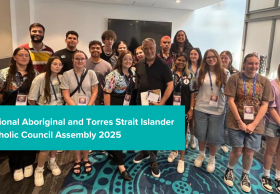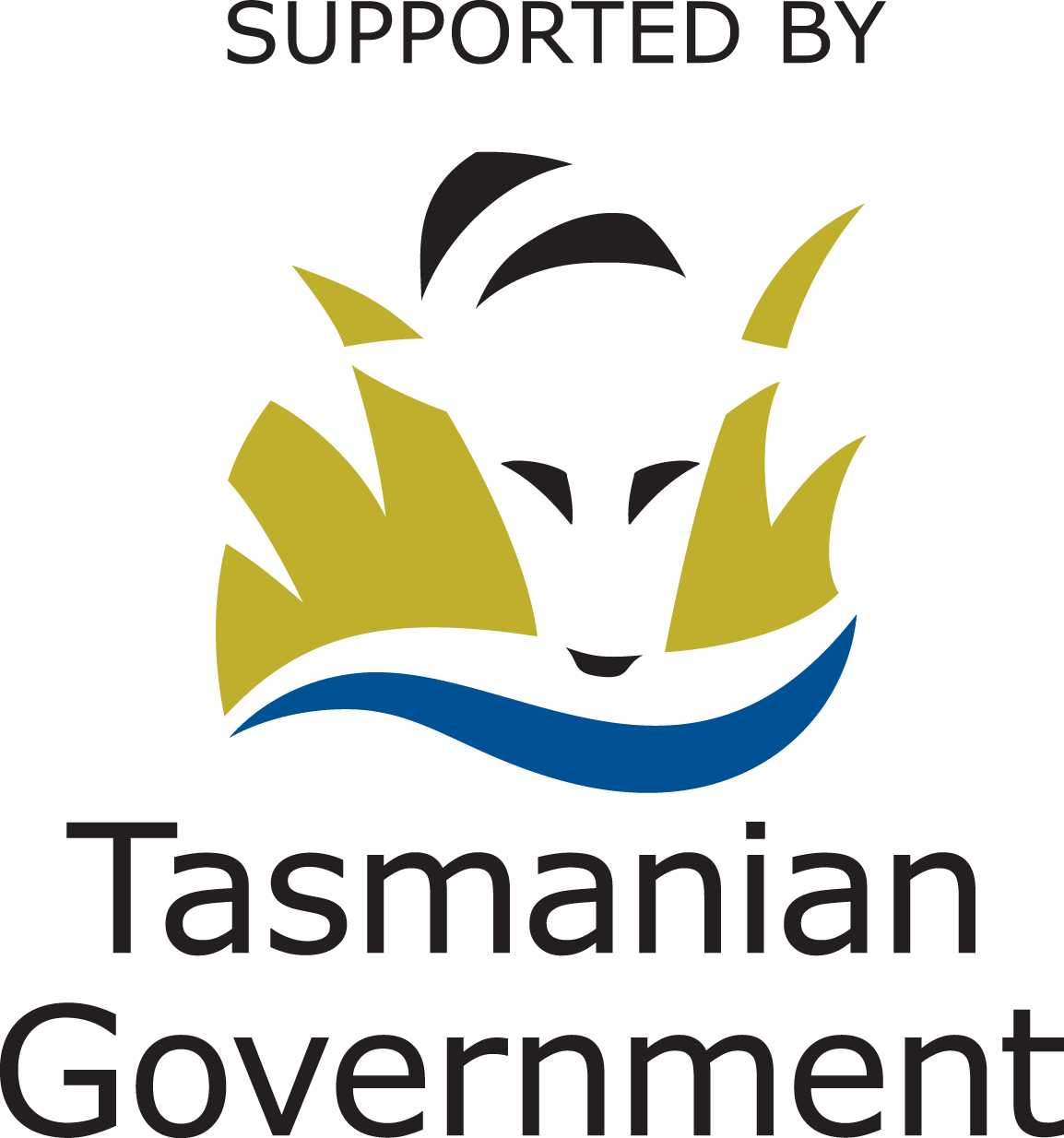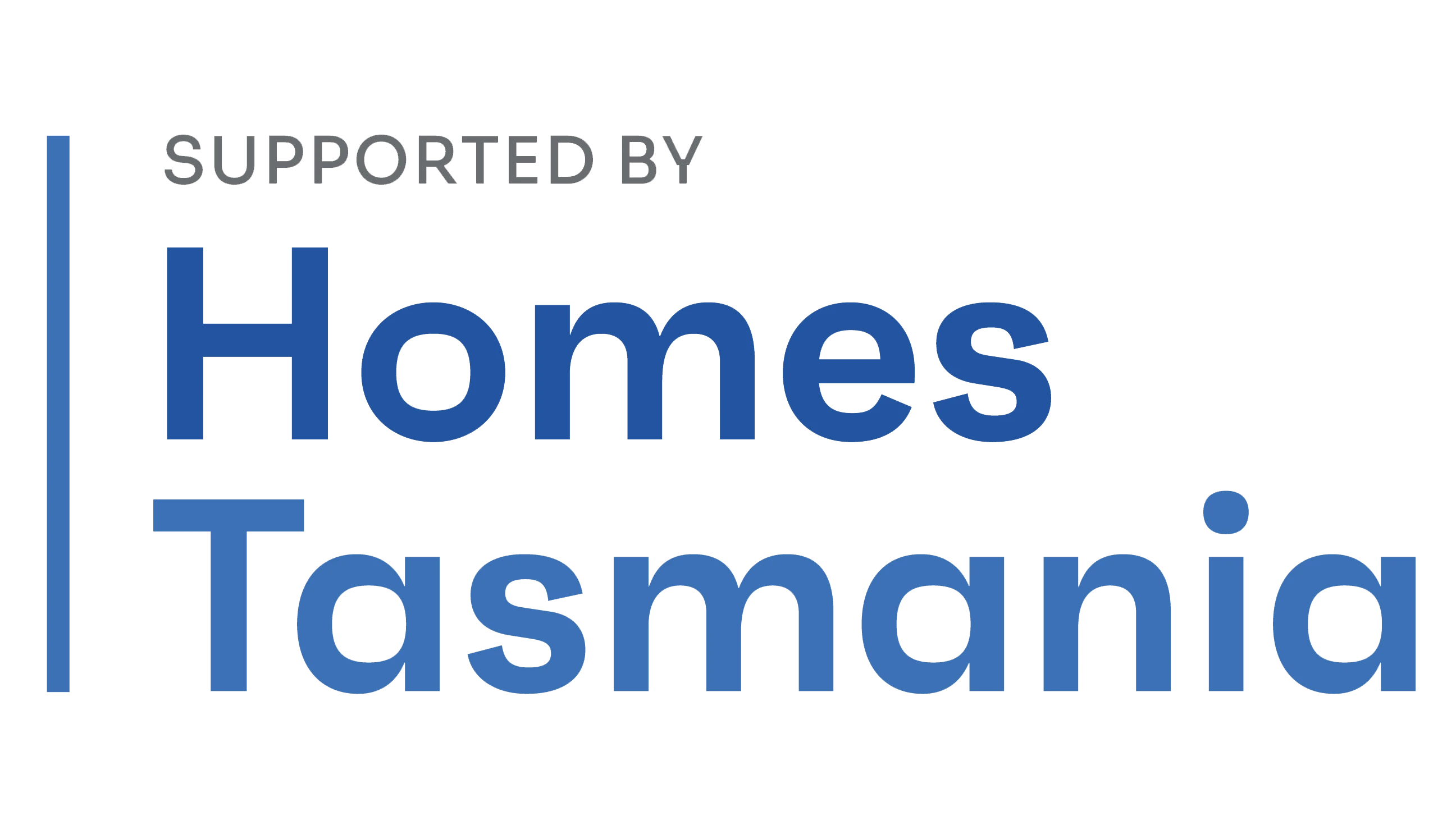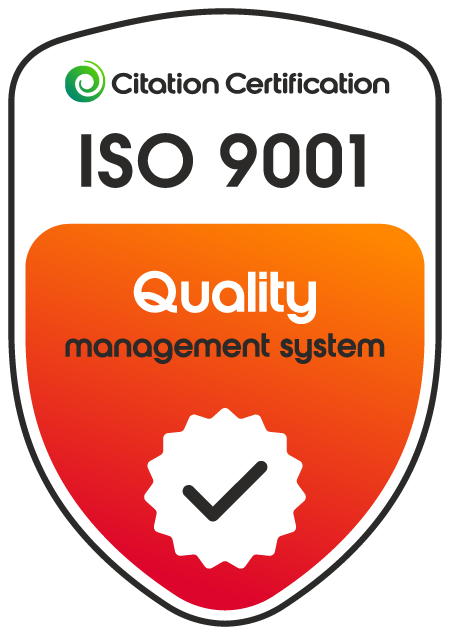Cultural competency in mental health services can significantly improve outcomes for Aboriginal people, says leading Indigenous psychologist Dr. Tracy Westerman.
Dr. Westerman, who earlier this year conducted a three-day training conference, is the first Aboriginal person to complete a combined Masters and PhD in Clinical Psychology and has trained more than 50,000 practitioners across Australia.
CatholicCare Tasmania’s Principal Aboriginal Consultant Alarna Page said the training offered critical insights into mental health assessment for Aboriginal clients and suicide prevention in Aboriginal communities.
“Despite ongoing efforts, there are still critical areas that need attention to improve mental health outcomes for Aboriginal communities,” Alarna said.
“The training has huge impacts on culturally competent mental health practices and highlighted critical areas for improvement in serving Aboriginal communities.”
Learnings from the conference are already being integrated into staff training at CatholicCare Tasmania.
“It is so important we make sure we understand culturally informed approaches to diagnosing mental health conditions and better supporting our Aboriginal clients,” she said.
“This is crucial given that Aboriginal people experience much higher rates of mental health issues and are often misdiagnosed due to cultural misunderstandings.
“These strategies are vital for supporting Aboriginal communities in a way that respects and integrates their cultural practices.”
Alarna said the training was just one part of CatholicCare Tasmania’s commitment to Reconciliation.
“We also have our Reconciliation Action Plan working group – comprising 15 staff from across the state, working in various services,” she explained.
“We are working hard on our Reconciliation efforts, and this will have a significant impact across all of CatholicCare, with multiple initiatives and projects emerging from this group.”
Alarna said the organisation is focused on upskilling staff through cultural competency training, examining policies, engaging with Aboriginal people and Aboriginal community-controlled organisations and ensuring the integration of culturally informed, trauma-informed approaches across all services.
“One of the key things is supporting our Aboriginal young people” she said.
“We carefully consider the loss of cultural ties between Aboriginal young people and their families when separated. So, we are looking deeply at how we support Aboriginal young people through culturally safe interventions, making sure that children in our care connect with country, culture, community and their identity from a strengths-based and holistic-care model”
“It is everyone’s responsibility to go through the reconciliation journey and support our Aboriginal youth and all Aboriginal people. This is a shared responsibility for us all.”
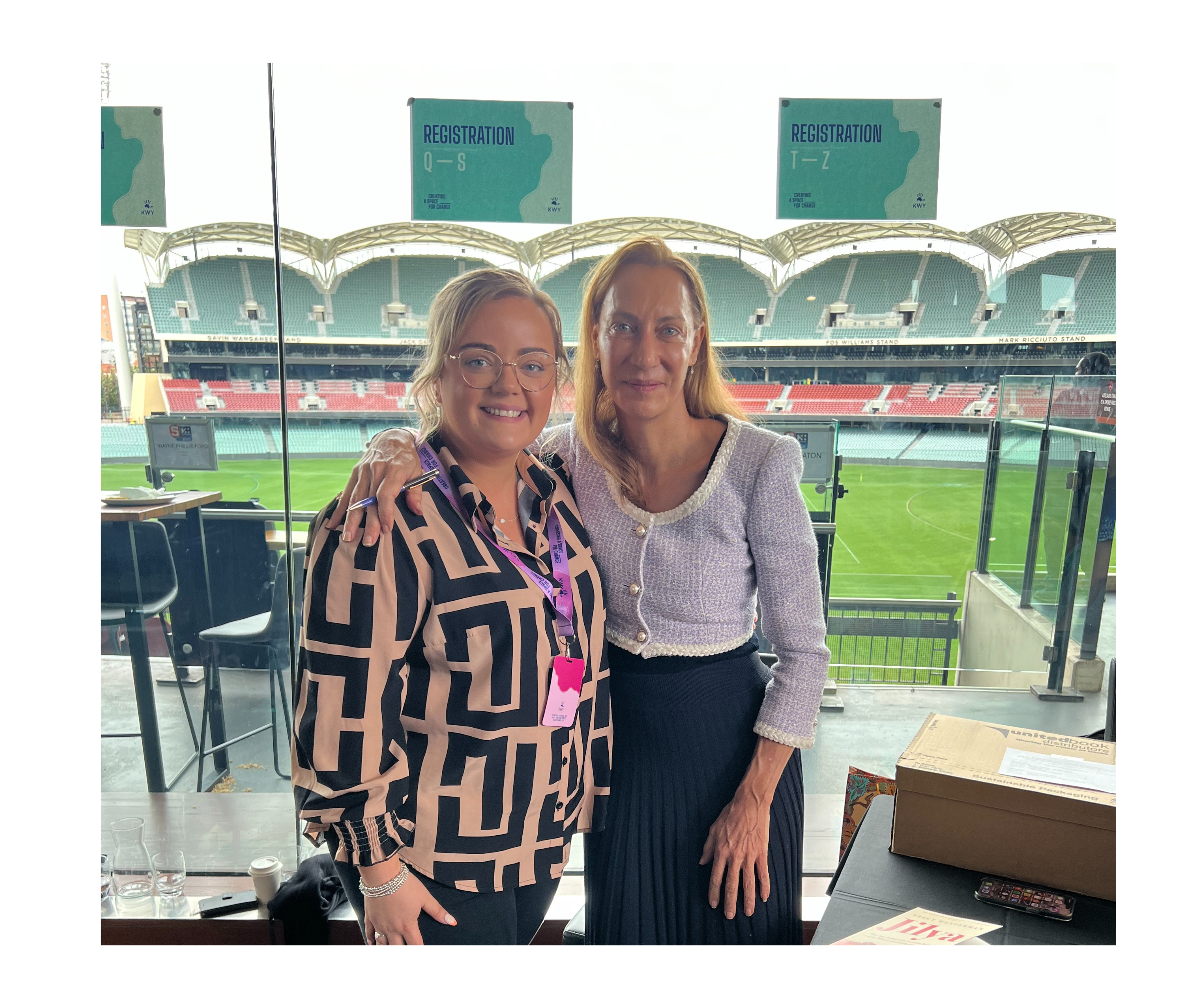
Other news you may be interested in
Cultural competency in mental health services can significantly improve outcomes for Aboriginal people, says leading Indigenous psychologist Dr. Tracy Westerman.
Dr. Westerman, who earlier this year conducted a three-day training conference, is the first Aboriginal person to complete a combined Masters and PhD in Clinical Psychology and has trained more than 50,000 practitioners across Australia.
CatholicCare Tasmania’s Principal Aboriginal Consultant Alarna Page said the training offered critical insights into mental health assessment for Aboriginal clients and suicide prevention in Aboriginal communities.
“Despite ongoing efforts, there are still critical areas that need attention to improve mental health outcomes for Aboriginal communities,” Alarna said.
“The training has huge impacts on culturally competent mental health practices and highlighted critical areas for improvement in serving Aboriginal communities.”
Learnings from the conference are already being integrated into staff training at CatholicCare Tasmania.
“It is so important we make sure we understand culturally informed approaches to diagnosing mental health conditions and better supporting our Aboriginal clients,” she said.
“This is crucial given that Aboriginal people experience much higher rates of mental health issues and are often misdiagnosed due to cultural misunderstandings.
“These strategies are vital for supporting Aboriginal communities in a way that respects and integrates their cultural practices.”
Alarna said the training was just one part of CatholicCare Tasmania’s commitment to Reconciliation.
“We also have our Reconciliation Action Plan working group – comprising 15 staff from across the state, working in various services,” she explained.
“We are working hard on our Reconciliation efforts, and this will have a significant impact across all of CatholicCare, with multiple initiatives and projects emerging from this group.”
Alarna said the organisation is focused on upskilling staff through cultural competency training, examining policies, engaging with Aboriginal people and Aboriginal community-controlled organisations and ensuring the integration of culturally informed, trauma-informed approaches across all services.
“One of the key things is supporting our Aboriginal young people” she said.
“We carefully consider the loss of cultural ties between Aboriginal young people and their families when separated. So, we are looking deeply at how we support Aboriginal young people through culturally safe interventions, making sure that children in our care connect with country, culture, community and their identity from a strengths-based and holistic-care model”
“It is everyone’s responsibility to go through the reconciliation journey and support our Aboriginal youth and all Aboriginal people. This is a shared responsibility for us all.”

Other news you may be interested in
Other news

